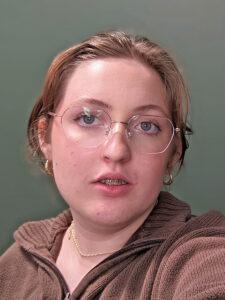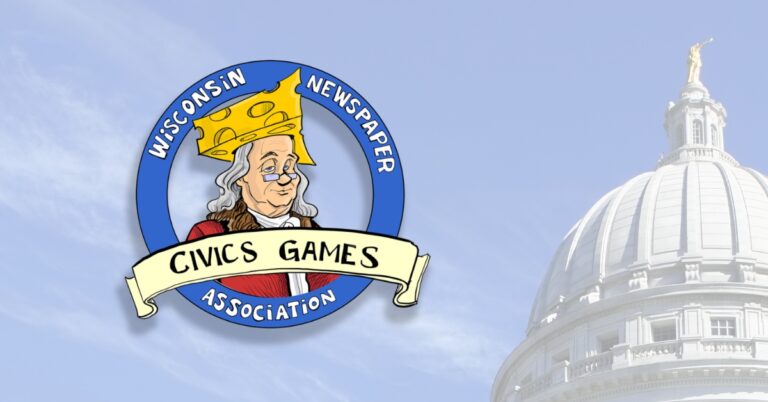In 2018, the Masterpiece Cakeshop v. Colorado Civil Rights Commission court case created a nationwide debate on drawing the line between First Amendment laws, specifically freedom of religion, and the anti-discrimination laws. In 2012, a cakeshop owner named Jack Phillips refused to sell a wedding cake to a same-sex couple, Charlie Craig and Dave Mullins, because of his religious beliefs. The couple felt that this violated the anti-discrimination laws, while Phillips believed he had the rights of the First Amendment. Where should we draw the line between one law, and another?
Phillips, the owner of Masterpiece Cakeshop claimed that using his artistic talents to create a message that he disagreed with is against his rights to freedom of religion. He seeks to “honor God through his work.” Phillips explains, “To create a wedding cake for an event that celebrates something that directly goes against the teachings of the Bible, would have been a personal endorsement and participation in the ceremony and relationship that they were entering into.” Because of freedom of religion, saying no to the cake should be legally allowed. However then we have to look at the anti-discrimination laws, which Craig and Mullins have on their side.
Craig and Mullins, the couple that was denied their wedding cake, filed a complaint of discrimination against the Masterpiece Cakeshop. They claimed that they had been denied “full and equal service” from Phillips because of their sexual orientation. According to the Colorado Anti-Discrimination Act, “It’s a discriminatory practice… to directly or indirectly refuse… to an individual or group, because of… sexual orientation… full and equal enjoyment of the goods… of a place of public accommodation. Because of the anti-discrimination laws, Phillips should have to make them a cake, as refusing would be discrimination. But Phillips has the first amendment, freedom of religion on his side.
In the end, I believe that Phillips, legally, has the right to refuse to make a cake for anyone. I think socially it is unacceptable to refuse a cake just because of sexuality, but by talking about a court case, you have to focus on what’s allowed legally. Legally he can say no because same-sex marriage goes against his religion. You can also view this with a different group of people, say that the cake shop owner was Jewish, and someone came in and asked for a Nazi cake. This Jewish baker should be allowed to decline, as making that Nazi cake goes against their beliefs, and by making that cake, it’s showing support to the Nazis. That’s how Phillips views making a cake for a gay marriage. It goes against his beliefs, and is showing his support in something he goes against. I believe if you own a private organization, you have the right to say no, especially if it goes against their first amendment rights. Because of Phillips first amendment rights, he is able to decline making any cake.
All quotes are from the Masterpiece Cakeshop v. Colorado Civil Rights Commision court case document.
Ollie Shuck is a freshman at Clark Street Community School in Middleton.



